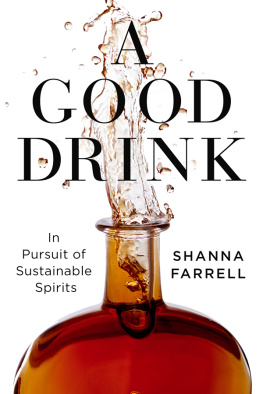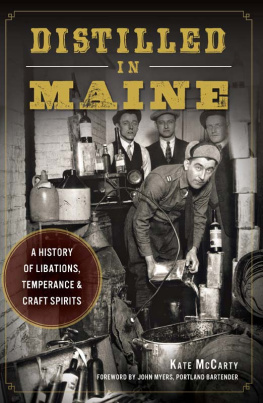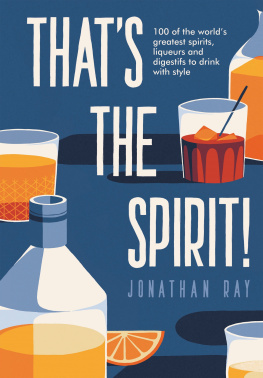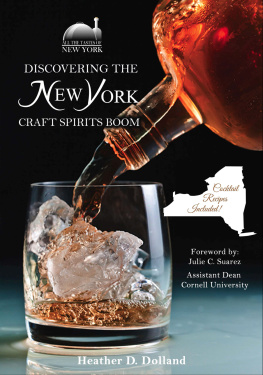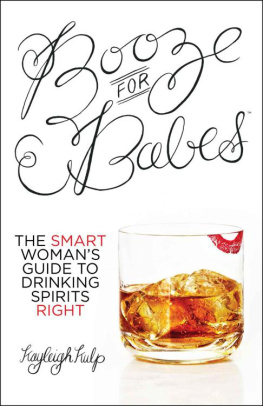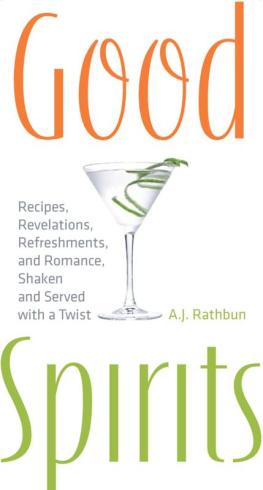About Island Press
Since 1984, the nonprofit organization Island Press has been stimulating, shaping, and communicating ideas that are essential for solving environmental problems worldwide. With more than 1,000 titles in print and some 30 new releases each year, we are the nations leading publisher on environmental issues. We identify innovative thinkers and emerging trends in the environmental field. We work with world-renowned experts and authors to develop cross-disciplinary solutions to environmental challenges.
Island Press designs and executes educational campaigns, in conjunction with our authors, to communicate their critical messages in print, in person, and online using the latest technologies, innovative programs, and the media. Our goal is to reach targeted audiencesscientists, policy makers, environmental advocates, urban planners, the media, and concerned citizenswith information that can be used to create the framework for long-term ecological health and human well-being.
Island Press gratefully acknowledges major support from The Bobolink Foundation, Caldera Foundation, The Curtis and Edith Munson Foundation, The Forrest C. and Frances H. Lattner Foundation, The JPB Foundation, The Kresge Foundation, The Summit Charitable Foundation, Inc., and many other generous organizations and individuals.
The opinions expressed in this book are those of the author(s) and do not necessarily reflect the views of our supporters.
2021 Shanna Farrell
All rights reserved under International and Pan-American Copyright Conventions. No part of this book may be reproduced in any form or by any means without permission in writing from the publisher: Island Press, 2000 M St. NW, Suite 480-B, Washington, DC 20036-3319.
Library of Congress Control Number: 2021934385
All Island Press books are printed on environmentally responsible materials.
Manufactured in the United States of America
10 9 8 7 6 5 4 3 2 1
Keywords: Bar Agricole, bartending, brewery, cocktail culture, craft distillery, Equiano, farm bar, farm-to-table, fermentation, food system, food waste, good food movement, High Wire Distilling Co., Jimmy Red corn, Leopold Bros., liqueur, local sourcing, Makers Mark, malting facility, mescal, mezcal, Mezonte, mono-cropping, Montanya, Mr Lyan group, responsible sourcing, St. George Spirits, sustainable agriculture, Tales of the Cocktail, terroir, Tin Roof Drinks, Trash Collective, whiskey
ISBN-13: 978-1-64283-144-3 (electronic)
Once the World Was Perfect
Once the world was perfect, and we were happy in that world.
Then we took it for granted.
Discontent began a small rumble in the earthly mind.
Then Doubt pushed through with its spiked head.
And once Doubt ruptured the web,
All manner of demon thoughts
Jumped through
We destroyed the world we had been given
For inspiration, for life
Each stone of jealousy, each stone
Of fear, greed, envy, and hatred, put out the light.
No one was without a stone in his or her hand.
There we were,
Right back where we had started.
We were bumping into each other
In the dark.
And now we had no place to live, since we didnt know
How to live with each other.
Then one of the stumbling ones took pity on another
And shared a blanket.
A spark of kindness made a light.
The light made an opening in the darkness.
Everyone worked together to make a ladder.
A Wind Clan person climbed out first into the next world,
And then the other clans, the children of those clans, their children,
And their children, all the way through time
To now, into this morning light to you.
Joy Harjo, Once the World Was Perfect, from Conflict Resolution for Holy Beings. Copyright 2015 by Joy Harjo. Reprinted by permission of W. W. Norton & Company, Inc.
INTRODUCTION
In Pursuit of Sustainable Spirits
In my early twenties, during the nights I spent in dark, sweaty rock clubs where the walls pulsed in time with the bass guitar, I exclusively drank Jack and Gingers. As I got a little older and traded bars with loud music for those with flickering candles and leather furniture, I upgraded to Whiskey Sours. When I got behind the bar myself, shaking tins and gliding long spoons through liquid and ice, I switched to Old Fashioneds. It became part of my job to taste spirits, learn their stories, and sell them to guests.
The stories that stuck with me always concerned how the spirits were made. I often forgot the proof or price of a particular brand, but Id remember minute details about the water used to distill or bottle it. I preferred the spirits whose labels told us about the hands that created them and the ingredients from which they were born.
Many years ago, one whiskey in particular caught my eye. It had been on the shelf since the little corner cocktail bar where I worked had opened, but it was expensive and my humble graduate school bankaccount didnt allow me to buy a pour. I didnt try it until months after I started working there, instead settling for holding the elegant bottle in my hands and reading the label over and over. It was made with 100 percent New York State grains, something Id never seen advertised before. When I finally did try it, the flavor was hot and unbalanced, but the grain fought its way through, adding depth to the flavor. Though it didnt turn out to be my favorite whiskey, it started me thinking about the crops that were used to make it.
Later, in my early thirties and now an interviewer with UC Berkeleys Oral History Center, I became curious about cocktail culture and the sustainability of the spirits industry. I interviewed distillers, bartenders, and cocktail historians. I learned the details of distilling and how the grains used to make alcohol are grown. I read about the effects of mono-cropping on farmland; considered the tremendous amount of wastewater created by distilleries; and saw the mountains of trash thrown out by bars each night. I watched as some brands began to tout their eco-consciousness. I noticed as trends came and went. I lived through seasons of drought, rain, and wildfire. I wondered what the disrupted climate meant for the future of alcohol.
In 2016, I found myself in Charleston, South Carolina, at a beverage conference aptly called BevCon. I was among others who, like me, were curious about issues facing the spirit industry. Though I had friends and colleagues in attendance, one specific seminar caused me to fly across the country in August to a place where the air was thick enough to cut with a knife. The session was called Drinking as an Agricultural Act, and, on the last day of BevCon, I sat in a hotel conference room with the air-conditioner soothing my sunburnt skin, listening to a beer brewer, a cider maker, and a whiskey producer talk about the crops they used to make their drinks.
Ann Marshall, co-owner and distiller of High Wire Distilling Co., described planting an heirloom corn that had teetered on the brink of extinction, working with farmers to manage the crop, and gathering a group of friends to harvest it before a hurricane blew in. To her, whiskey was an agricultural product and, therefore, it was tied to environmental health. Just as we need biodiversity in wild plants, we also need it in cultivated crops. Among other benefits, genetic diversity in the foods we eat and the drinks we sip protects against crop diseases, improves soil health, and creates resilience to climate change.
Yet almost all corn-based whiskey is sourced from a single variety: yellow dent field corn. Ann and her husband, Scott Blackwell, with whom she owns High Wire, didnt want to use it. Instead, they opted to plant Jimmy Red corn, a legendary moonshiners corn that had dwindled down to two cobs following the death of the last man known to grow it. Starting with just two and a half acres, Ann and Scott set out to make a small dent in yellow dents stranglehold on the whiskey market.

